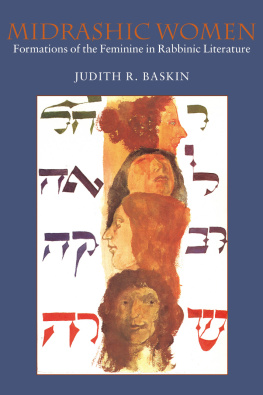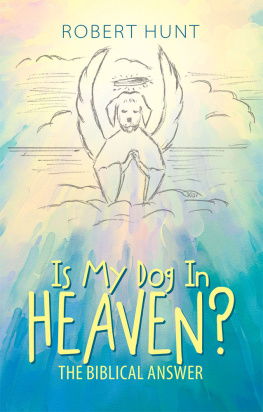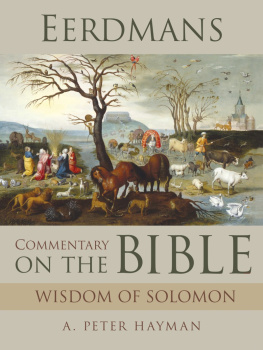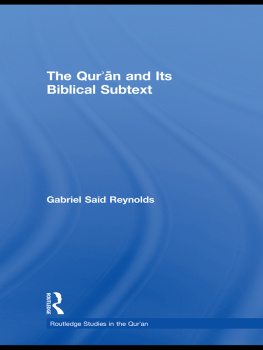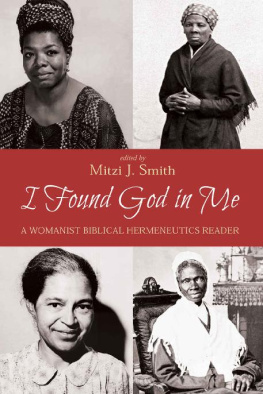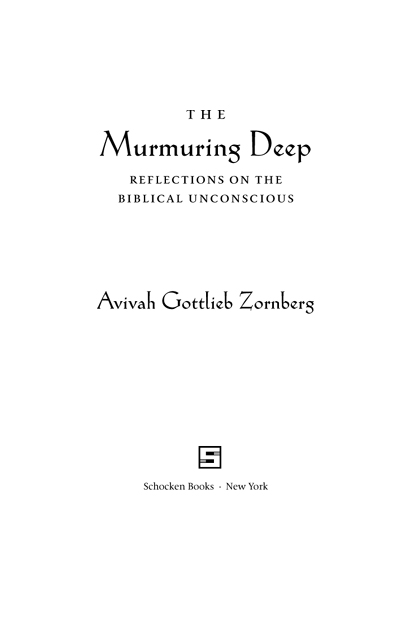Avivah Gottlieb Zornberg - The Murmuring Deep: Reflections on the Biblical Unconscious
Here you can read online Avivah Gottlieb Zornberg - The Murmuring Deep: Reflections on the Biblical Unconscious full text of the book (entire story) in english for free. Download pdf and epub, get meaning, cover and reviews about this ebook. year: 2009, publisher: Knopf Doubleday Publishing Group, genre: Religion. Description of the work, (preface) as well as reviews are available. Best literature library LitArk.com created for fans of good reading and offers a wide selection of genres:
Romance novel
Science fiction
Adventure
Detective
Science
History
Home and family
Prose
Art
Politics
Computer
Non-fiction
Religion
Business
Children
Humor
Choose a favorite category and find really read worthwhile books. Enjoy immersion in the world of imagination, feel the emotions of the characters or learn something new for yourself, make an fascinating discovery.

- Book:The Murmuring Deep: Reflections on the Biblical Unconscious
- Author:
- Publisher:Knopf Doubleday Publishing Group
- Genre:
- Year:2009
- Rating:3 / 5
- Favourites:Add to favourites
- Your mark:
The Murmuring Deep: Reflections on the Biblical Unconscious: summary, description and annotation
We offer to read an annotation, description, summary or preface (depends on what the author of the book "The Murmuring Deep: Reflections on the Biblical Unconscious" wrote himself). If you haven't found the necessary information about the book — write in the comments, we will try to find it.
For centuries scholars and rabbis have wrestled with the biblical narrative, attempting to answer the questions that arise from a plain reading of the text. In The Murmuring Deep, Avivah Zornberg informs her literary analysis of the text with concepts drawn from Freud, Winnicott, Laplanche, and other psychoanalytic thinkers to give us a new understanding of the desires and motivations of the men and women whose stories form the basis of the Bible. Through close readings of the biblical and midrashic texts, Zornberg makes a powerful argument for the idea that the creators of the midrashic commentary, the medieval rabbinic commentators, and the Hassidic commentators were themselves on some level aware of the complex interplay between conscious and unconscious levels of experience and used this knowledge in their interpretations.
In her analysis of the stories of Adam and Eve, Noah, Jonah, Abraham, Rebecca, Isaac, Joseph and his brothers, Ruth, and Estherhow they communicated with the world around them, with God, and with the various parts of their selvesZornberg offers fascinating insights into the interaction between consciousness and unconsciousness. In discussing why God has to seduce Adam into entering the Garden of Eden or why Jonah thinks he can hide from God by getting on a ship, Zornberg enhances our appreciation of the Bible as the foundational text in our quest to understand what it means to be human.
Avivah Gottlieb Zornberg: author's other books
Who wrote The Murmuring Deep: Reflections on the Biblical Unconscious? Find out the surname, the name of the author of the book and a list of all author's works by series.

